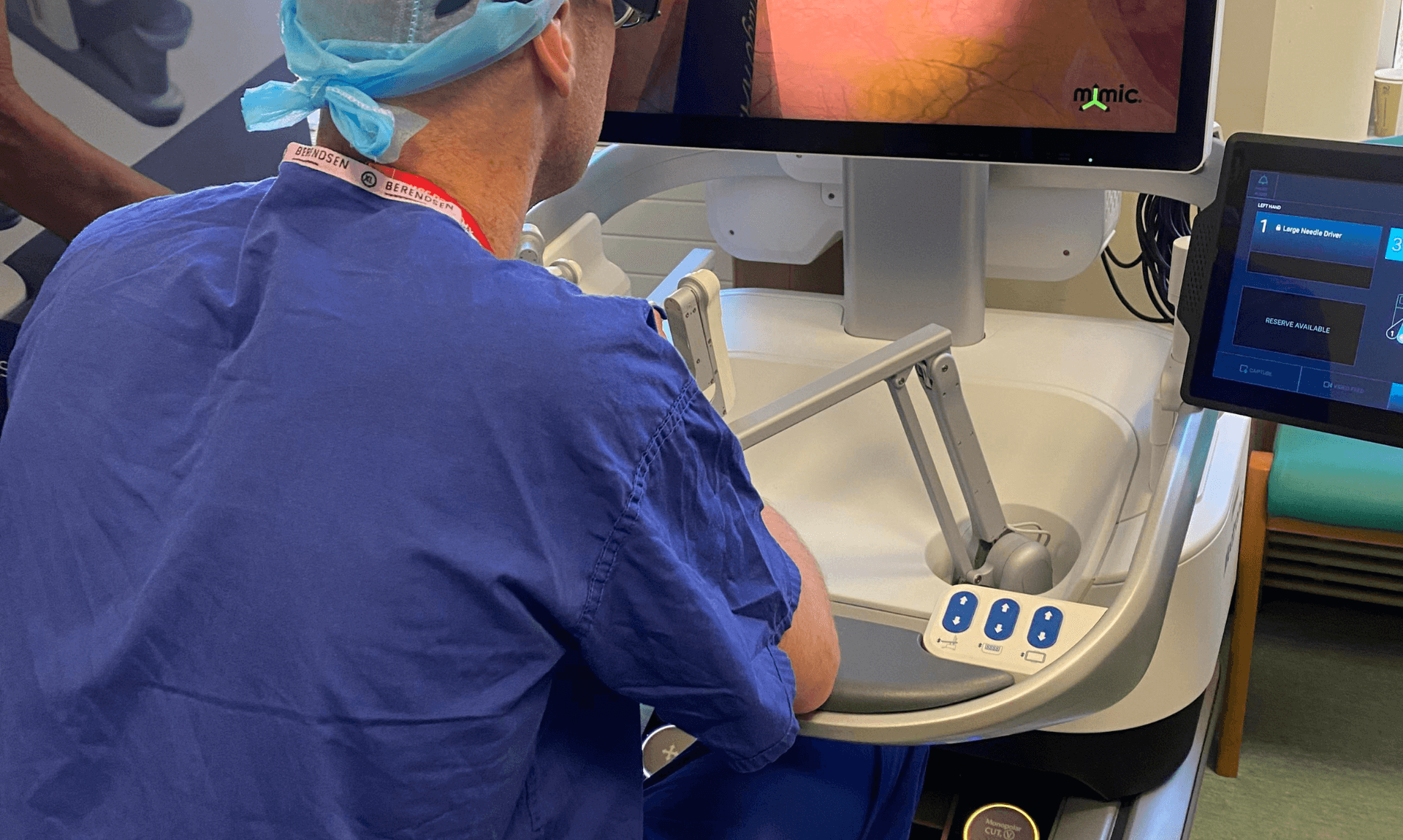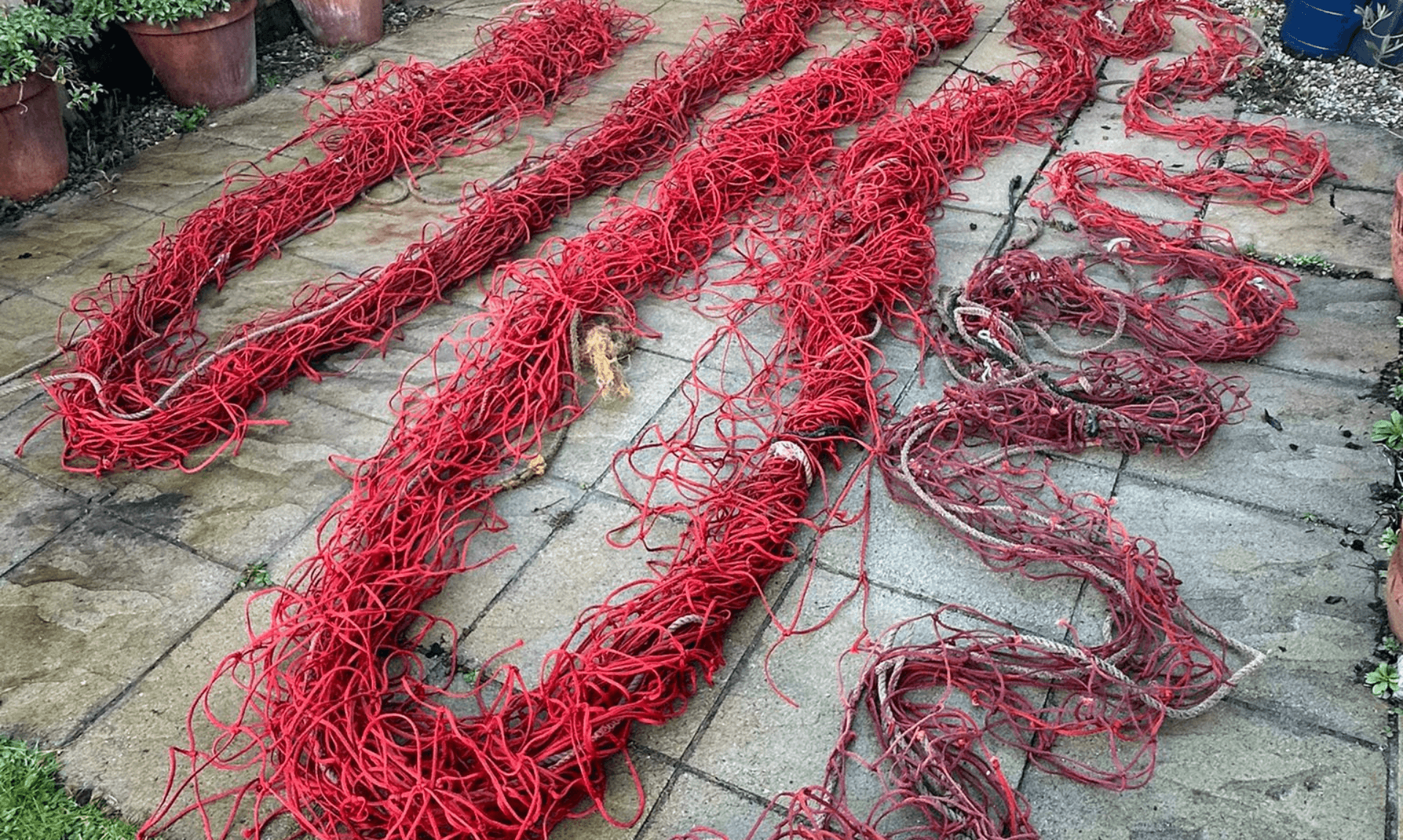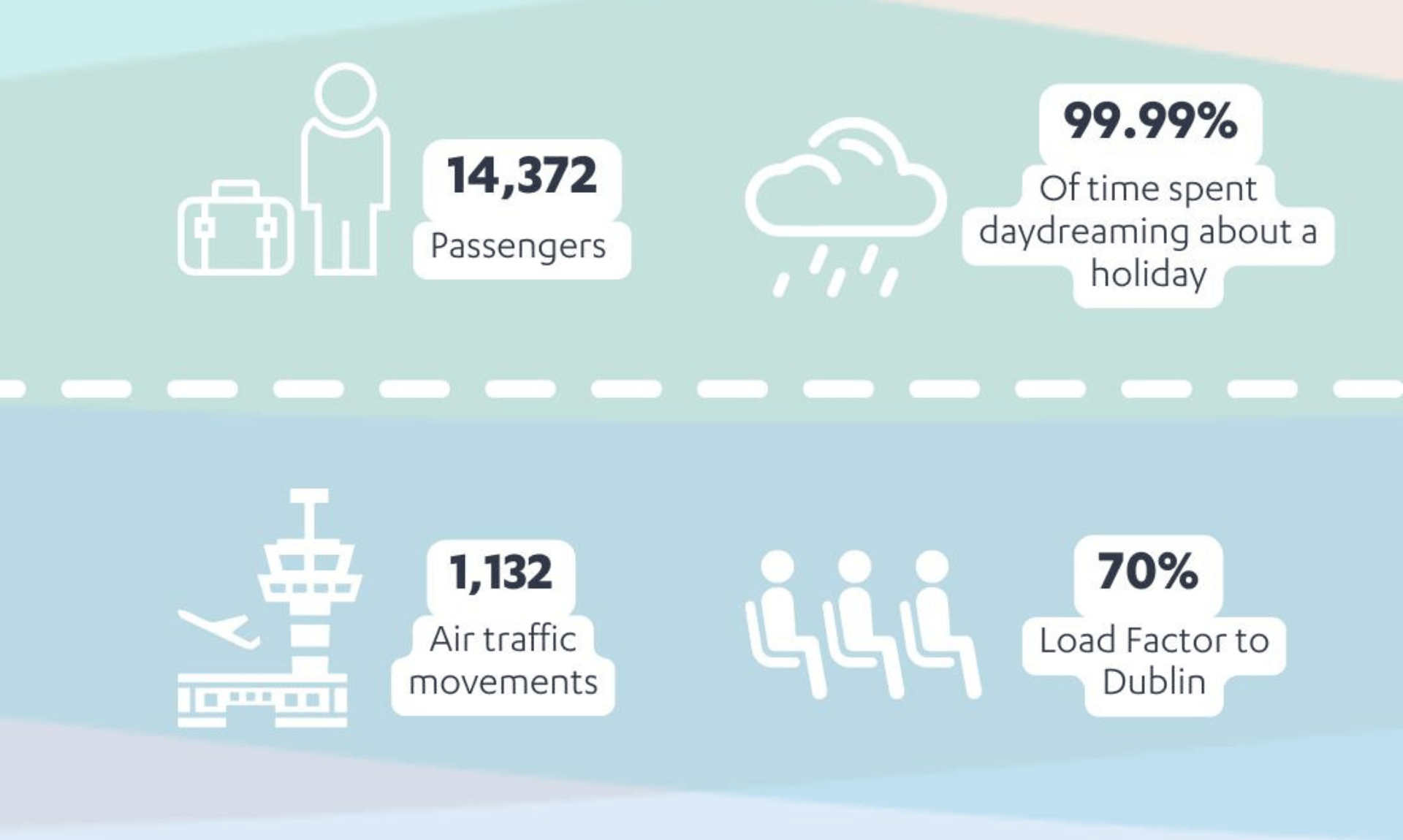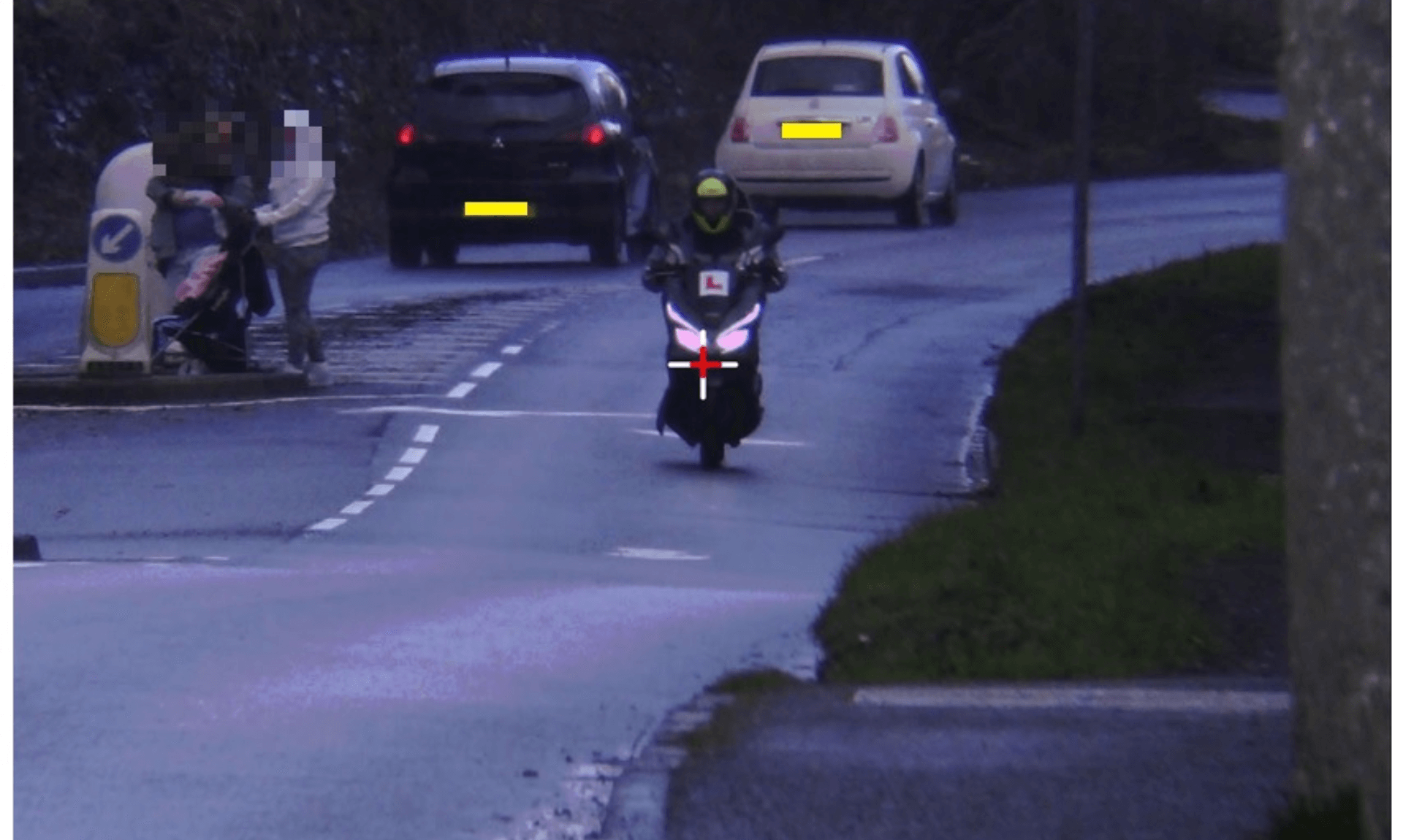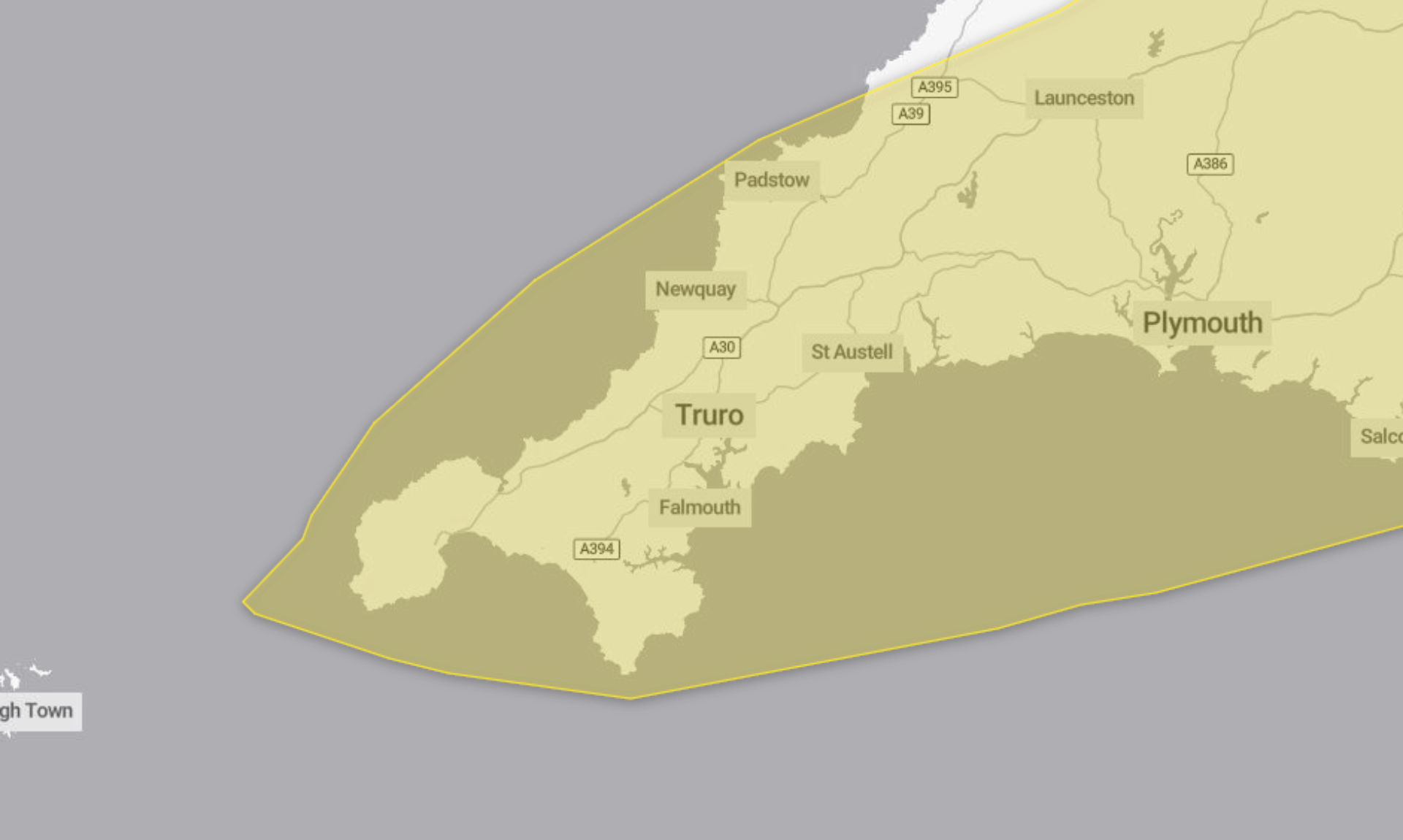Bitten or Stung? Here’s How to Treat Insect Bites at Home and When to Seek Help
As the warmer months set in, insect bites and stings become more common. While most are harmless and can be treated at home, it’s crucial to know how to manage these incidents effectively and when to seek medical help. NHS Cornwall and Isles of Scilly provides important guidance on handling bites and stings, ensuring you stay safe and comfortable this summer.
Common Insect Bites and Stings
Insect bites and stings are usually not serious and tend to improve within a few hours or days. Here are some essential steps to treat these at home:
- Remove the sting if it’s still in the skin.
- Wash the affected area with soap and water.
- Apply a cold compress or an ice pack to any swelling for at least 10 minutes.
- Raise or elevate the affected area if possible.
- Avoid scratching the area to prevent further irritation.
For additional relief, consider using over-the-counter medicines such as creams, painkillers, and antihistamines. If the bite becomes infected, many pharmacies in Cornwall can provide antibiotics through the Pharmacy First service.
Handling Tick Bites
Ticks are another concern, especially because they can carry Lyme disease. Often, you may not realise you’ve been bitten until you spot the tick on your skin. To safely remove a tick:
- Use a proper tick removal tool or fine tweezers.
- Grasp the tick close to the skin and slowly pull upwards, being careful not to squeeze or crush the tick.
- Dispose of the tick properly once removed.
- Clean the bite with antiseptic or soap and water.
When to Seek Medical Help
While most bites and stings can be managed at home, there are certain situations where medical advice is needed. Contact NHS 111 online or by phone, or call your GP if:
- Your symptoms worsen or do not improve after a few days.
- You’ve been stung or bitten in your mouth, throat, or near your eyes.
- A large area (around 10cm or more) around the bite becomes red and swollen or develops pus.
- You experience symptoms of a more widespread infection, such as a high temperature, swollen glands, or other flu-like symptoms.
In rare cases, bites and stings can lead to a severe allergic reaction known as anaphylaxis. If you or someone else exhibits symptoms such as:
- Wheezing or trouble breathing.
- A swollen face, mouth, or throat.
- Feeling sick or being sick.
- A fast heart rate.
- Feeling faint or dizzy.
- Difficulty swallowing.
- Loss of consciousness.
It is vital to dial 999 immediately for emergency assistance.
Key Takeaways
- Home treatment: Remove the sting, wash the area, apply a cold compress, and avoid scratching. Use over-the-counter medications for additional relief.
- Tick bites: Remove ticks carefully and clean the area with antiseptic or soap and water.
- When to seek help: Contact NHS 111, your GP, or emergency services if symptoms persist, worsen, or if there are signs of severe allergic reactions.
With the right knowledge and prompt action, you can handle insect bites and stings effectively and enjoy your time outdoors with peace of mind.
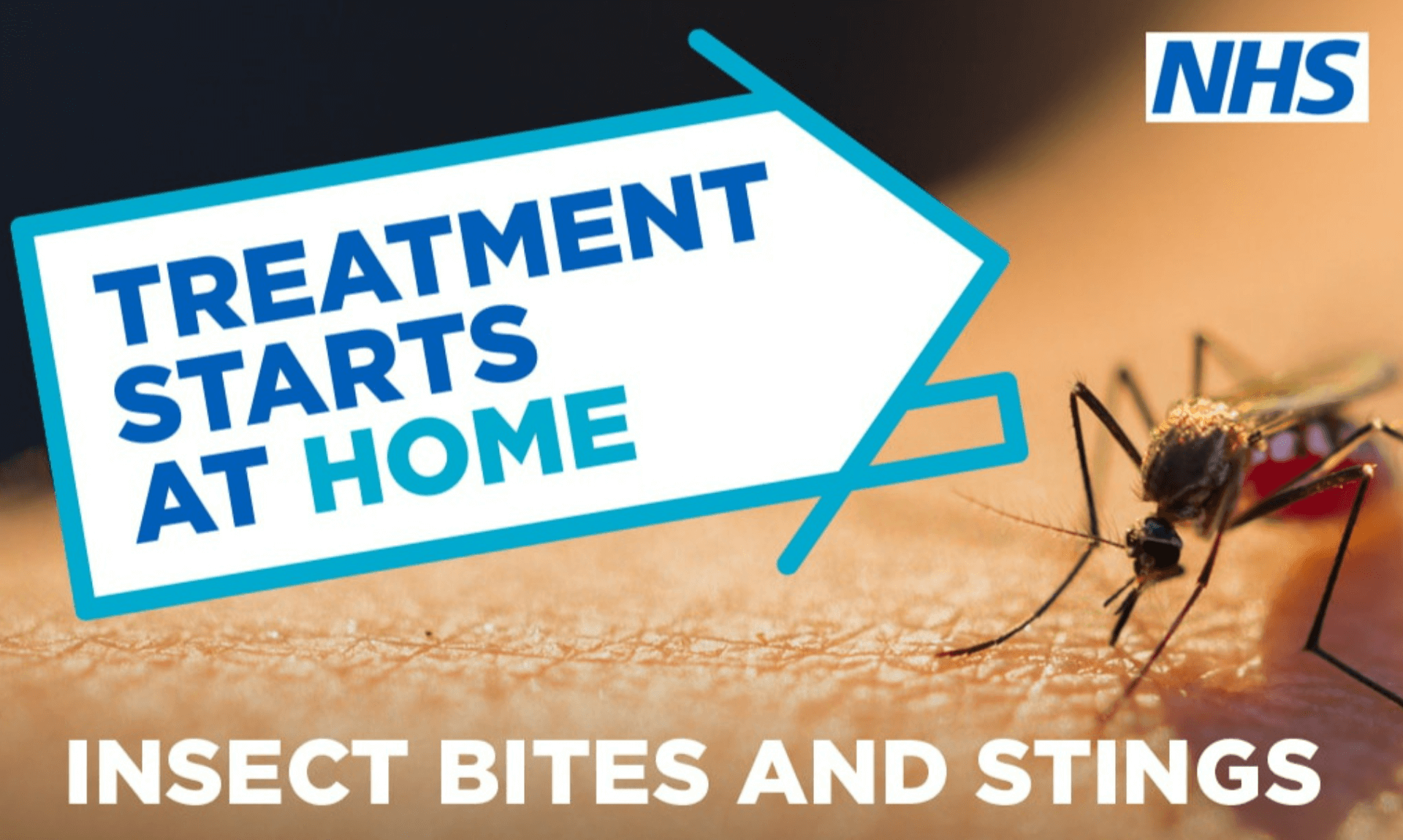
Share This Story, Choose Your Platform!
To keep up with the latest cornish news follow us below
Follow CornishStuff on Facebook - Like our Facebook page to get the latest news in your feed and join in the discussions in the comments. Click here to give us a like!
Follow us on Twitter - For the latest breaking news in Cornwall and the latest stories, click here to follow CornishStuff on X.
Follow us on Instagram - We also put the latest news in our Instagram Stories. Click here to follow CornishStuff on Instagram.
You Might Also Be Interested In
Don’t Miss What’s Happening in Cornwall
Join others in Cornwall by receiving the latest daily news in Cornwall, sent direct to your inbox.



